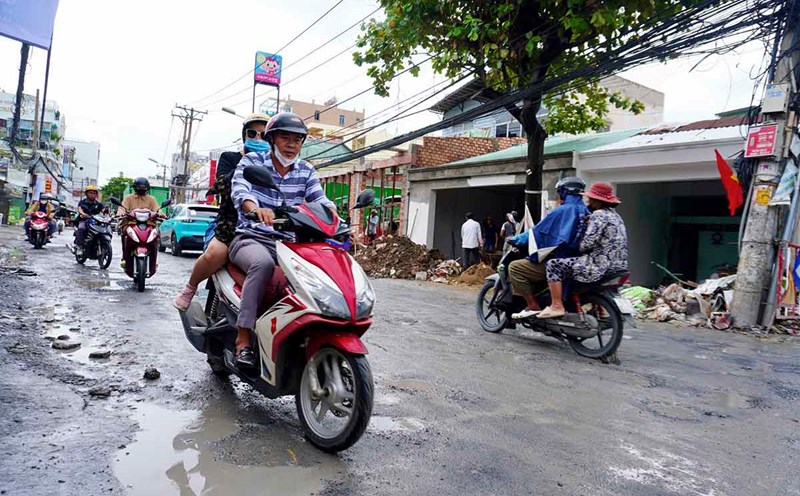Domestic coffee prices slightly decreased
Today, June 17, the domestic coffee market recorded a slight decrease compared to June 16, reflecting pressure from the international market. According to a survey at 11:40 from an agricultural product source, coffee prices in the Central Highlands range from 111,700 to 112,300 VND/kg.
In Dak Lak, the price reached 112,300 VND/kg, down 200 VND/kg compared to June 16. Dak Nong recorded a price of VND 112,300/kg, down VND 200/kg, while Gia Lai was at VND 112,100/kg, down VND 200/kg, and Lam Dong was the lowest at VND 111,700/kg, down VND 300/kg.
Compared to the beginning of 2025 (1.1), domestic coffee prices decreased from an average of VND 130,000/kg (according to agricultural product information), equivalent to a decrease of VND 17,700/kg.
In the same period last year (June 17, 2024), coffee prices reached VND 110,000/kg, showing that the current price is still higher than VND 2,300/kg.
International coffee prices continue to decrease
In the international market, coffee prices continued to decline slightly, reflecting the cautious sentiment of investors. On the London Stock Exchange, Robusta coffee delivery price in July 2025 decreased by 10 USD/ton compared to June 16, to 4,118 USD/ton; September 2025 futures decreased by 10 USD/ton, reaching 3,886 USD/ton.
On the New York Stock Exchange, Arabica coffee futures for delivery in July 2025 decreased by 1.00 USD/ton compared to June 16, to 307.80 USD/ton; the September 2025 futures decreased by 1.00 USD/ton, to 306.75 USD/ton.
Compared to the beginning of 2025 (1.1), Robusta prices used to be at 4,950 USD/ton, down 832 USD/ton to date. Arabica prices also decreased from 380.00 USD/ton, equivalent to a decrease of 72.20 USD/ton.
Compared to the same period last year (June 17, 2024), Robusta prices reached 4,200 USD/ton, currently 82 USD/ton, while Arabica was at 320.00 USD/ton, currently 12.20 USD/ton.
Coffee market assessment
Domestic coffee prices decreased slightly today compared to June 16, affected by the downward trend of international prices. Growers should closely monitor price developments to choose the time to sell, and pay attention to transportation costs when fuel prices have not cooled down.
In the short term, coffee prices may continue to be under pressure if global supply does not have any sudden changes.











